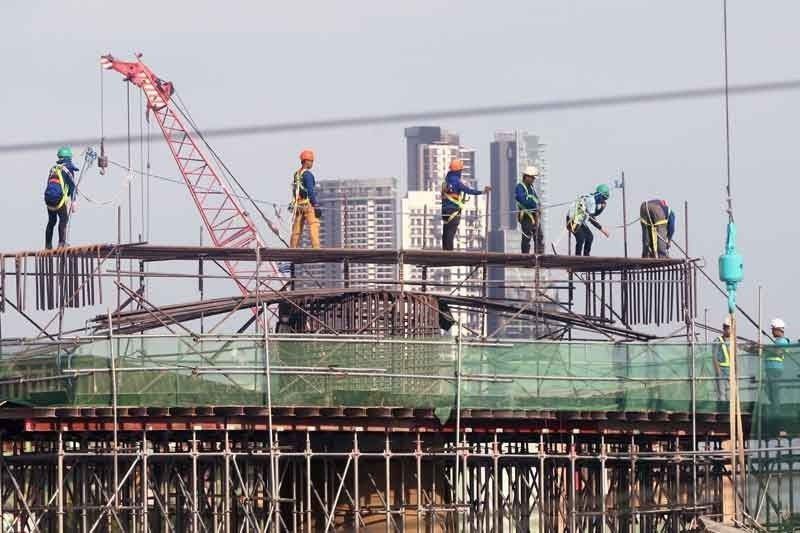Government to boost infrastructure spending to cushion COVID impact

MANILA, Philippines — The government plans to increase its spending on infrastructure to help the economy recover from the damage caused by the coronavirus disease 2019 or COVID-19, according to the Department of Finance (DOF).
In a text message to reporters, Finance Secretary Carlos Dominguez said the government is now assessing the impact of COVID-19 on the economy to guide the economic team in formulating a recovery plan.
“We are now determining the damage to the economy so we can devise a workable plan to repair it as well as estimate the funds required and avenues to finance the plan,” Dominguez said.
One proposed measure under the recovery plan, Dominguez said, is to raise infrastructure spending to stimulate the economy.
“Most likely we will boost our infrastructure spending as it will create jobs, stimulate demand and provide enhancement of connectivity,” Dominguez said.
“I believe our private sector will respond to these initiatives with speed and enthusiasm. The robust fiscal position we built up will serve us well,” he said.
According to estimates from the National Economic and Development Authority (NEDA), economic growth may range between negative 0.6 and 4.3 percent this year if the impact of the COVID-19 pandemic is felt until June.
The Asian Development Bank (ADB) also said the country’s growth is expected to significantly slow to two percent this year. However, a strong rebound to 6.5 percent in 2021 may be expected if the spread of the disease is curbed by June.
Meanwhile, Finance Undersecretary and chief economist Gil Beltran said the country’s solid macroeconomic fundamentals, including a strong balance of payments, would give the economy the resilience to weather the risks caused by the contagion.
“The country’s strong fundamentals will enable the economy to withstand economic shocks arising from the coronavirus pandemic which has locked down more than a third of the economy to a state of inertia,” Beltran said.
According to Beltran, the Philippines’ current account deficit amounted to $464 million in 2019, equivalent to 0.13 percent of gross domestic product (GDP).
This was an improvement from the $7.88 billion deficit recorded in 2018, which translated to 2.38 percent of GDP.
“This implies higher reliance on domestic savings than on foreign savings, such as foreign borrowing and foreign investment. Domestic savings rose due to improved balances in goods and services trade, and higher primary and secondary incomes of Filipinos,” Beltran said
Earlier, Dominguez said the government is crafting another economic stimulus package and a rehabilitation plan to soften the damage caused by the COVID-19 to the economy.
These are on top of the P200 billion Social Amelioration Program under Republic Act 11469 or the Bayanihan to Heal As One Act, as well as the P27.1 billion stimulus package already unveiled by the Economic Development Cluster (EDC) earlier.
- Latest
- Trending


























